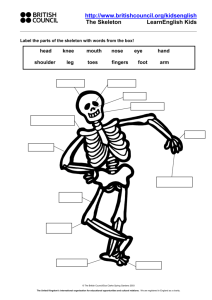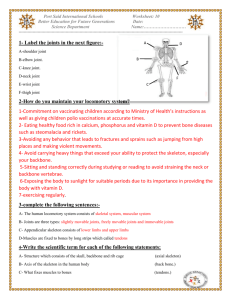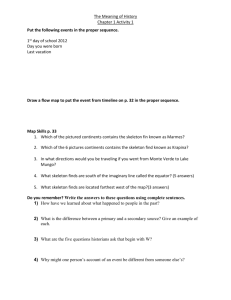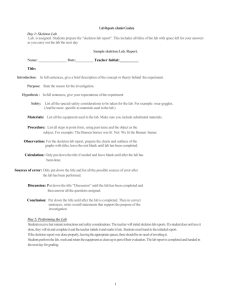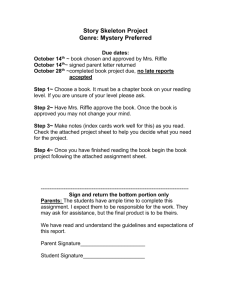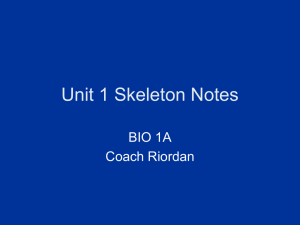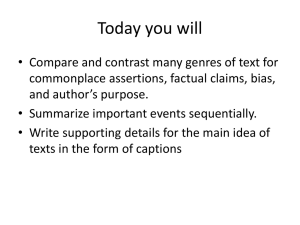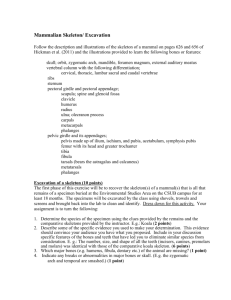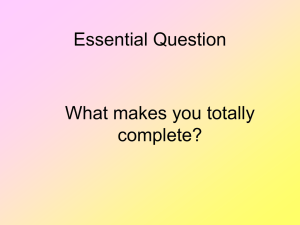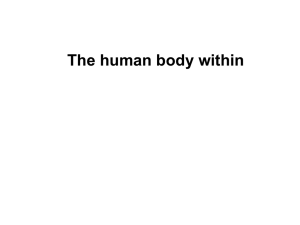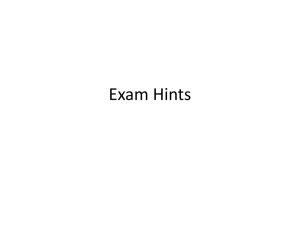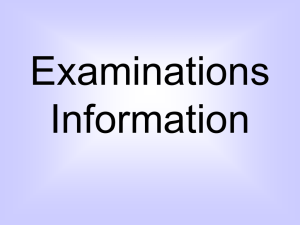Senior School Parent Information Evening 1 – Part 2 Examination
advertisement
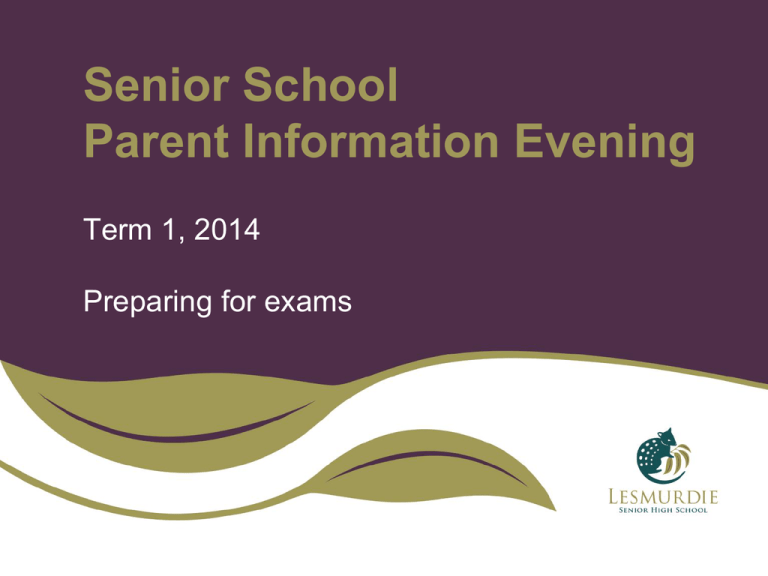
Senior School Parent Information Evening Term 1, 2014 Preparing for exams What is Study? • “When can I get time to study with all this homework” • What is homework and what is study? • Often teachers will give ‘homework’ which is actually designed to be a part of the process to consolidate what was covered in class that day 2 Effective Study • • • • • • 3 Regular and ongoing throughout the year Well organised Uses effective techniques Personalised Analytical Relates closely to the Course outline Know the content and expectations • Course outline • Examiners reports • SCSA Website 4 Preparing for study • Equipment • Construct notes with examples • Set up your desk and room as though you were sitting exams • Seek help from your teacher if you don’t understand something • Be positive 5 Study Timetable • • • • • 6 Should include all other commitments Flexible Realistic 2 to 3 hours per Course per week On the ‘fridge’ for all to see Study Timetable – sample 2 Study technique: Study Log • Tool to track study and areas of difficulty within a course • One for each examinable course • Shows the specific sections of the Course have been studied • Shows how frequently study has been undertaken 8 How to use a Study Log • Write in the date and aspect of the course being studied • Tick (√) next to it when you are confident that you know the material • Cross (x) when you don’t. Keep crossing for each session spent until you understand and then can tick 9 How to use a Study Log - sample Attempts 10 Material Studied Date Completed 1st April Objective 2 – Naming the parts of the human skeleton √ 2nd April Objective 3 – Naming the major types of joints in the human skeleton. √ 4th April Objective 4 – Understand the role that the human skeleton plays in the production of red blood cells. 7th April Objective 5 – Describe the role of the skeleton in the functioning of antagonistic muscle sets. 10th April Objective 6 – Explain how the structure of the bones, joints and muscles work together to enable movement of the human body. X√ XX√ XXX√ Study techniques • • • • • 11 Note taking Summarising Testing yourself Use past exams Incorporate learning style Mind Mapping Study Groups Aim for Improvement • Acknowledge what you have achieved • What do I need to do to improve my performance? • • • • 14 Notes Revision Study technique Use of class time Exam Stress • Pressure – Self – Others: family, friends, competition – Achieving your destination: getting into university or uncertainty about your destination • Lack of preparation – Poor study habits, organisation, time management • Negative “self-talk” 15 Strategies to manage Stress • Keep normal routines and take breaks • Reasonable bed time • Eating regularly, a balanced diet and drink water • Cut back on coffee and other stimulants • Avoid alcohol and drugs • Make time for fun and exercise but resist too many commitments 16 Strategies to manage stress • Reflect on how you express your feelings - Positive “self-talk” - Journal - Networks • Relaxation - Relax before bed - Meditation/breathing exercises 17 Difficulty managing stress • If stress is having a significant impact : - Discuss this with the school (Senior School Coordinator, Deputy, School Psychologist, Chaplain, Nurse) - Make an appointment with your GP • These problems are unlikely to go away on their own; the causes need to be addressed and sometimes treated 18 Mobile Phones and ICT • Mobile phones, Facebook etc. can be a distraction • No role in study • Study should reflect exam conditions 19 Parent support • Be supportive, constructive and encouraging • Be informed (communicate with teachers) • Use your own experience – you probably know more than you may think • Be engaged – study timetables, study logs, monitor the use of technology 20 Parent support • Help set short, medium and long term goals and review them • Rewards work – for a short time • specifically related to the achievement of set goals • A clear career plan can clarify the reason for studying 21 Friday Period 1- Private Study & Guest Speakers • Option to work quietly in the Library- self managed • Access to teachers- English, Maths and Social Sciences • Scheduled Guest speakers from Universities, TAFE and relevant organisations 22
